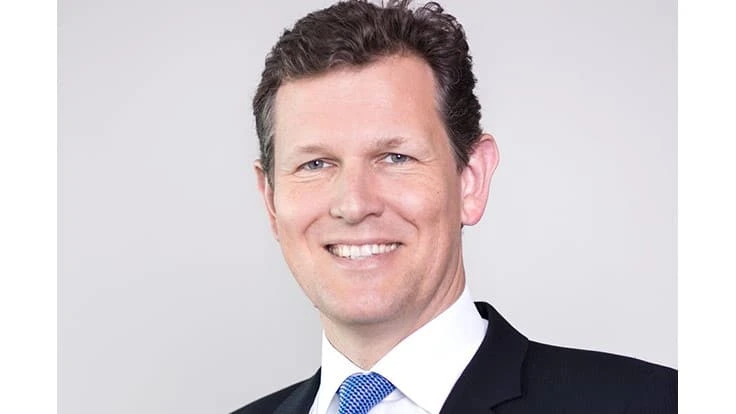
Photo provided by Circular Valley.
The Rhine-Ruhr area from Bonn to Münster in Germany, long the home of steelmakers, chemical producers and other industrial firms, is adding Circular Valley to its nomenclature, a project being supported by several government and corporate organizations.
The guiding principle of Circular Valley, according to an initial statement, is to “Grow the Economy - Protect the Environment” by creating a future “that minimizes or completely reduces harmful environmental impacts.”
The effort was started in late 2020, with project leaders saying they are seeking a “first cohort of 15 startups [focusing] on issues relating to closing material cycles in the sense of the European Green Deal and contributing to business models for the circular economy.”
More than 50 companies and institutions have signed up to participate in the project, which is “supported by several ministries” and with North Rhine-Westphalia Economics Minister Prof. Dr. Andreas Pinkwart as its “patron.”
The initiator of Circular Valley, Dr. Carsten Gerhardt, is positioned by the group as a sustainability expert with “many years of experience in the successful implementation of large-scale projects at the interface of business, politics and society.”
The region is seeking startup firms, saying they can benefit from “the special conditions of Circular Valley: the proximity to over 300 world market leaders, leading companies in the recycling industry and the densest university and research network on circular economy topics worldwide.”
The recycling or other sustainability-related startups would be coming to what Circular Valley promoters call “a historically significant region where the first and second Industrial Revolution began on the European continent.” Adds, the group, Circular Valley is “a cosmopolitan region, where over 150 nations live together peacefully, making it even for attractive for startups from all over the world.”
The effort is being tied to the European Green Deal and the related Circular Economy Action Plan. “The focus of the Green Deal is, among others, on waste prevention, production technologies with minimal environmental impact, tracking and tracing, waste logistics, reuse models, novel recycling technologies and service models,” states the German coalition.
Several sectors are listed as focuses of the new effort, including electronics, information and communication technology, batteries, vehicles, packaging, plastics, textiles, construction and buildings, furniture, steel, cement, chemicals, food and water.
Latest from Recycling Today
- BMW Group, Encory launch 'direct recycling’ of batteries
- Loom Carbon, RTI International partner to scale textile recycling technology
- Goodwill Industries of West Michigan, American Glass Mosaics partner to divert glass from landfill
- CARI forms federal advocacy partnership
- Monthly packaging papers shipments down in November
- STEEL Act aims to enhance trade enforcement to prevent dumping of steel in the US
- San Francisco schools introduce compostable lunch trays
- Aduro graduates from Shell GameChanger program





